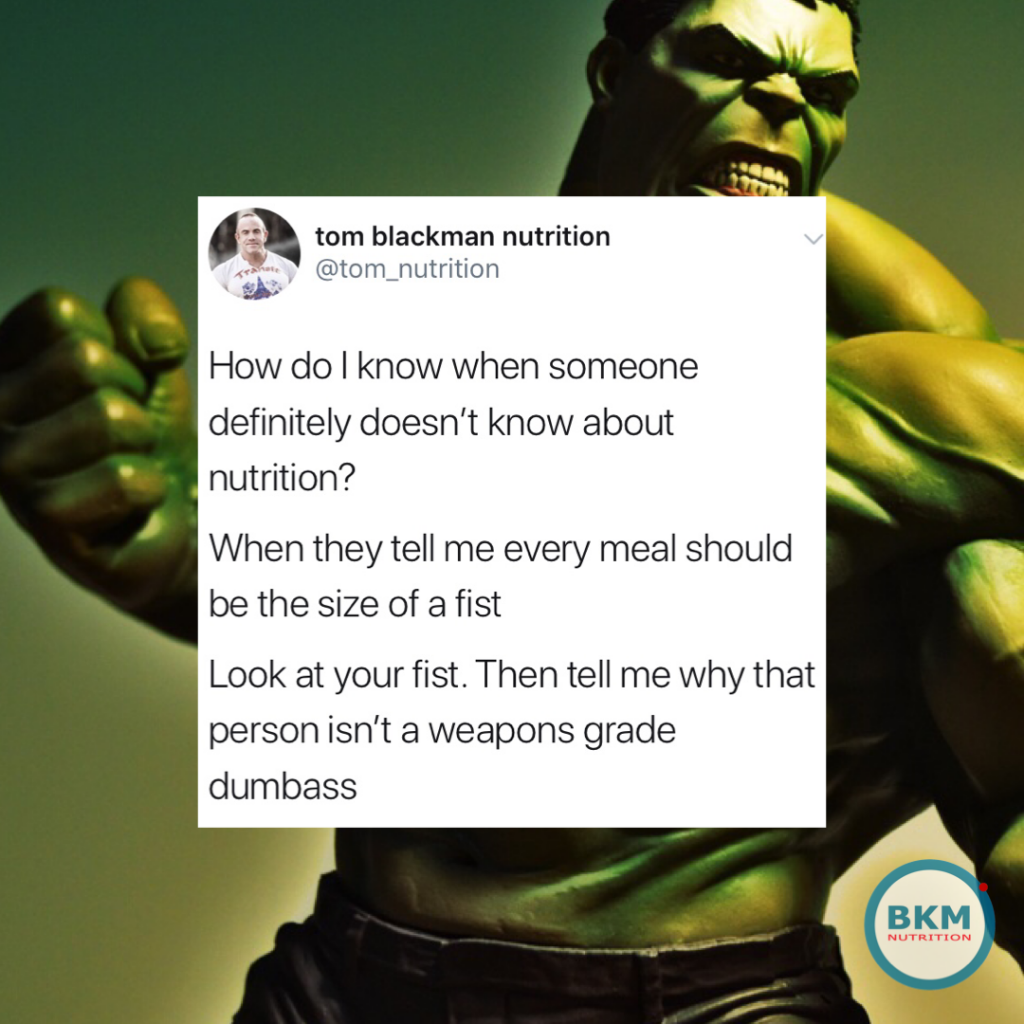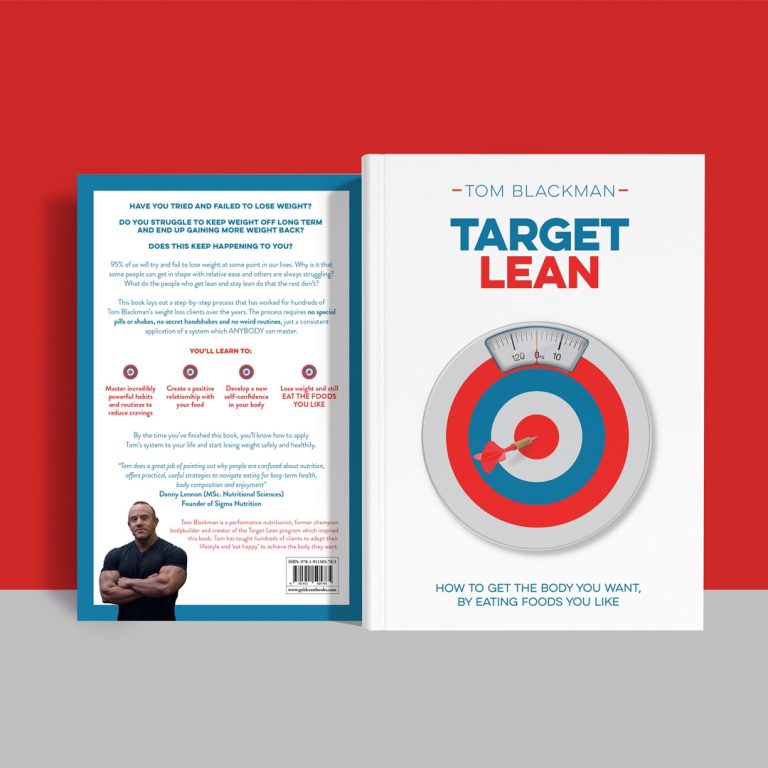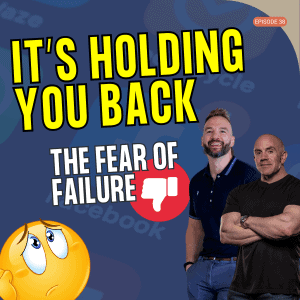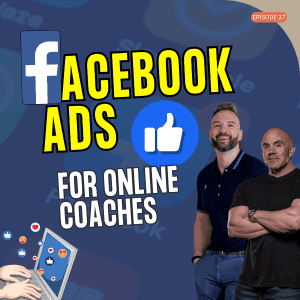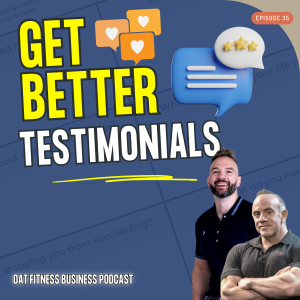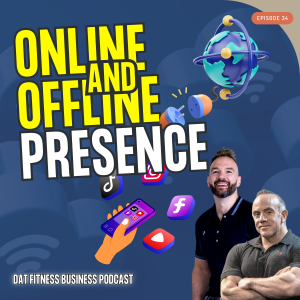Why keeping your meal sizes very small may actually work against your weight loss goals
How big are your hands? An unusual question perhaps, but not when you consider that some nutrition coaches advise that you only eat meals the size of your fists to help with controlling body fat.
For me this is a pretty bleak prospect, I have small hands, they are pathetic, like little girl’s hands. So when someone says to me ‘grab a handful of xxxx’ that’s actually half a single serving.
I really wonder where these type of rules and strategies originate from sometimes.
Apparently, your stomach is the size of a fist and so the volume of food you eat in a meal should never exceed that size. This is to prevent your stomach becoming distended and as a result you looking fatter and then encouraging you to eat more.
Let’s put aside that this has no grounding at all in science it also makes no sense from an evolutionary point of view.
The high availability of easily accessible food is only a development in the last 100 years of human existence. In addition, it’s only mostly Western cultures that you have a vast range of different foods, normally within reasonable walking distance of each other.
We evolved to be able to process large amounts of food in a sitting to be able to survive when food was limited so eating small and often is a development of the last 20-30 years.
Also let’s look at real life big eaters such as triathletes, endurance cyclists, iron man participants.
All huge eaters but no huge stomach distension. I certainly don’t remember Michael Phelps the gold medal winning Olympic swimmer having a hugely distended stomach after eating 12,000 calories a day
Distension is mostly seen in overweight or obese people. It’s the surplus of calories that contributes to this factor as overweight people can also have a delayed response to fullness and in a lot of cases may have leptin resistance that drives their hunger upwards. With a delayed response you will eat more than you need leading to increased body fat gain. A cruel twist of life also means that the more body fat you have, the more leptin resistant you become.
Leptin is a hormone produced by our body fat and one of its purposes is to tell the body that we have enough body fat and so don’t need to eat more food in a general sense. If you have ever been incredibly lean on a diet your leptin levels will be very low and as a result there’s no stem to your hunger in the brain. Even dieting for an extended period will start to increase your hunger over time as the brain recognises that leptin levels in general have dropped.
If you are leptin resistant then you have surplus levels of body fat but the amount of leptin being produced to tell your brain to stop eating so much in the day actually means the brain becomes lazy to the signal and you need more leptin to give a sufficiently strong shut off signal. The trouble is that you are now overweight and dropping weight then reduces bodyfat which reduces the leptin signal telling your brain to eat more.
It’s a truly vicious circle and goes some way to explaining why overweight people have such an initial issue with reducing their overeating behaviour.
If you need and use the calories that you eat in big meals like the athletes mentioned above do, then it’s unlikely you’ll become overweight and therefore won’t develop the hunger and satiety issues associated with the condition.
The issue comes back (again) to calorie surplus and the knock-on effects of overeating. Therefore, distention of the stomach has less to do with meal sizes per se and more to do with the activity and bodyfat levels of the person.
This is part of the reason why exercise is such a useful tool in maintaining a leaner physique as it can help maintain a level of activity which keeps bodyfat in check along with a sensible diet which isn’t overloaded with calories that you don’t need. Exercise also means that you adapt to store more of your carbohydrate intake as glycogen in the muscles so there’s less available to be turned into bodyfat in the event of a surplus.
Finally the idea of fist sized meals is so completely stupid when you consider satiety or fullness feeling from eating. That size of meal is highly unlikely to drive a fullness response, ironically because it won’t cause a stomach stretch response releasing hormones that make your brain turn off it’s hunger drive. The end result is that you are satisfied for a very short period and within sometimes a few minutes you want to eat again.
Which is a setup for grazing on food all day which can quite easily put you into a surplus and create an overweight environment so you might even develop the bloating anyway.
Take home points here are that
- Your stomach can accommodate a large amount of food, it was designed to do this by evolution and a large meals in themselves don’t cause a permanent bigger stomach.
- Body fatness is determined by a surplus of calories and a lack of exercise not the size of the meal. 2-3 big meals a day compared to 5-6 smaller ones is not detrimental to the goal of maintaining a lower level of body fat.
- Smaller meals can actually be damaging to your dieting efforts if they leave you feeling hungry soon after. This encourages more snacking or grazing and you may overeat as a result.
The video below goes into more detail about how meal size could affect your snacking response.
